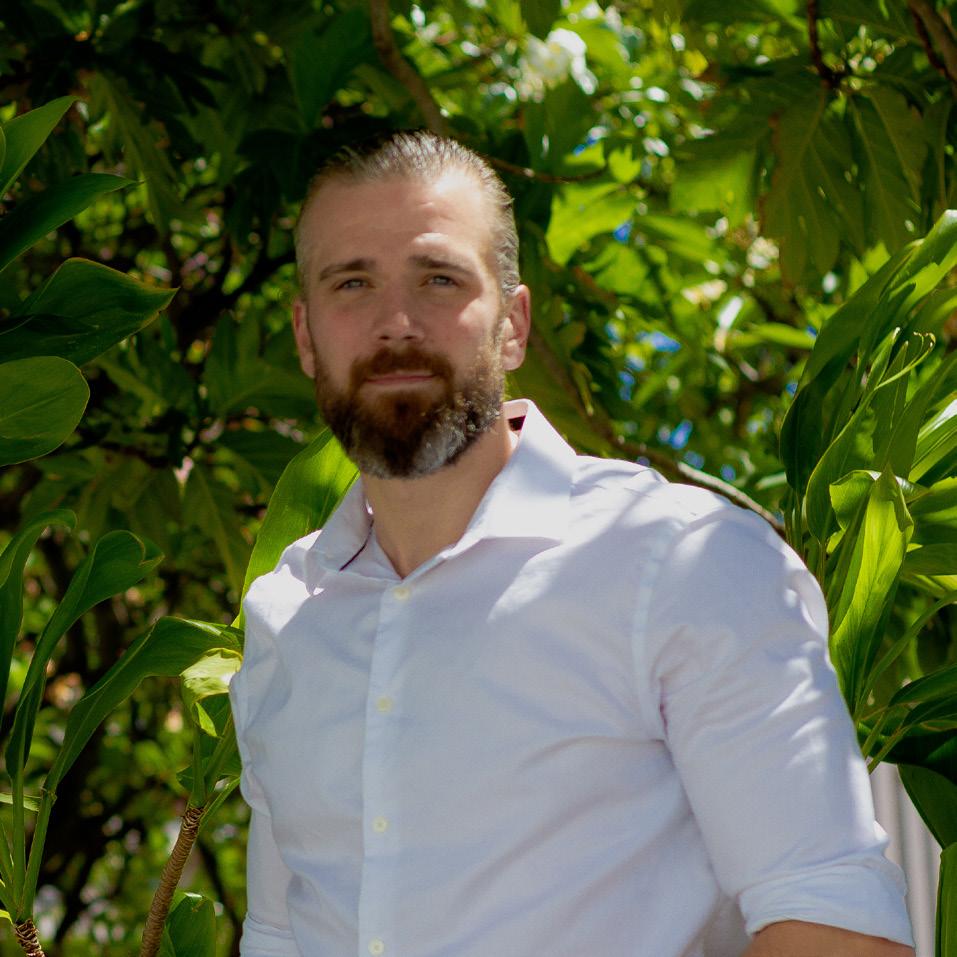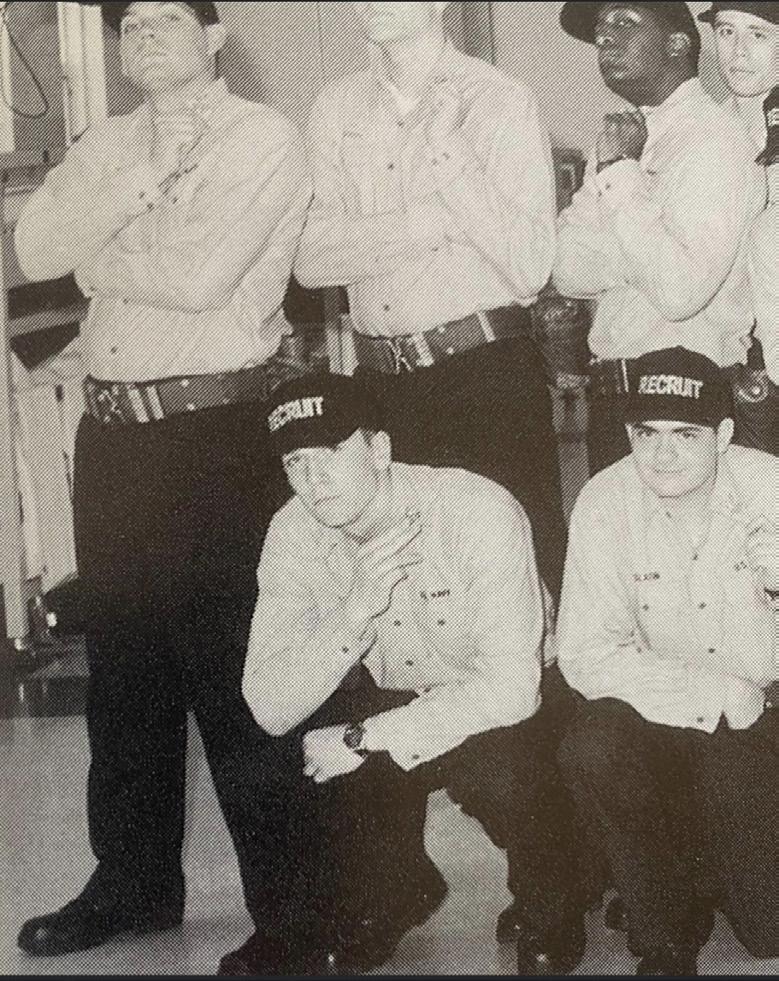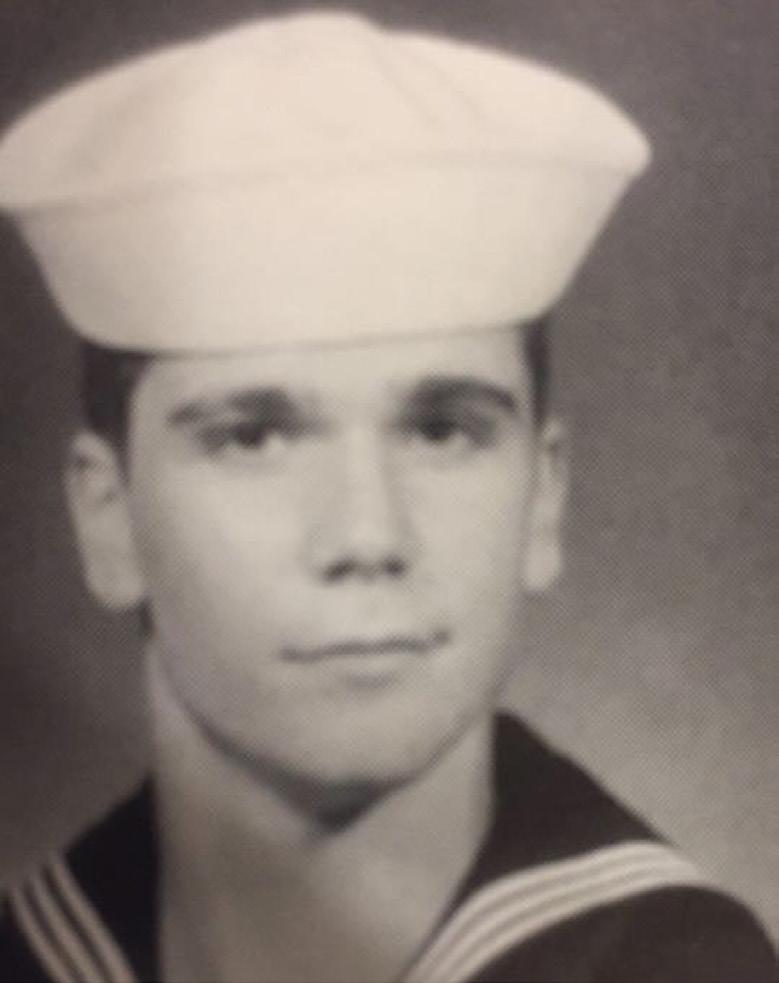
5 minute read
SMART CITY SPOTLIGHT
Our General Manager in Hawaii reflects on his time in the military with insightfulness and honesty. David Bachler, this is your spotlight!
As a caveat, there is a known axiom within the military of being “the quiet professional.” By extension, sharing about the nature of our service is typically uncommon with those of whom are uninitiated to our culture. This both is and is not a factor of trust. The bonds forged within the military reside somewhere greater than friendship and slightly less than, or (if lucky) equal to family.
So, admittedly, I am reticent to share. Moreso on principle. It is my belief that to serve and then expect recognition for the service, inherently negates the nature of service. My service was not conditional on acknowledgment. What I wish to accomplish here is to paint a picture. To, hopefully, share in the richness of a widely misunderstood and extremely personal experience that has taught me about acceptance, openness, and the power of selflessness.
I served only two years. Not long enough to gain any semblance of a seasoned perspective, but just long enough to be indoctrinated to the cultural richness of military dogma. I was a United States Navy Corpsman.
I remember a funny moment in basic training, an instructor was grilling me and asked a pointed question, “Why in God’s name did you join the Navy, recruit?!” I answered in the only way I knew how, honestly, “Because the Marine’s recruiting office was closed that day, Petty Officer.”
“You should have waited, son.” He replied with an air of understanding in his voice. I wish it was a joke, but it was the God’s-honest-truth. Like many people who enlist, I saw the military as a way to get out of a home situation that wasn’t working. Personally, looking back, it was probably just lack of perspective on life and youthful hastiness.
Originally, I enlisted under a Navy SEAL contract. Essentially all that means is I had the opportunity to “try out” for SEAL training. Like many 19-year-old males, I had romanticized the idea of being a Navy SEAL and was not in any way prepared for the rigors of what it actually entailed. I only lasted a couple of months before I realized that I was not ready mentally, nor was my aptitude in the water where it should have been.
After I dropped out of the SEAL program, I went to reclass (pick a different job). The personnel helping me with my paperwork asked what job I wanted instead. “Whatever doesn’t go on a boat.” I answered. The petty officer looked at me from under their glasses and asked, “You do realize you joined the Navy, right?”
The Navy Corpsman has a very broad mission-set, we are, in essence, the medical corps for both the Navy and Marine Corps. If you’ve ever watched the WWII drama The Pacific, and someone is severely injured in combat and they call out “CORPSMAN!”, that was us. A central theme of how we are trained is to run towards danger, and that definitely stays with a person.
My tour of service was in a naval hospital in Naples, Italy that served as support to an adjacent Joint Forces installation. My exposure to the military and the philosophical substrate was profound. To take a group of strangers from all walks of life, who probably would never cross paths, and give them a common purpose, teach them that personal differences or ideologies are always secondary to the primary objective, is powerful. What was undeniably impactful was what happened when stripped of your “core", where you come from, your beliefs, upbringing, etc., and instead shown who you are right now and what you are capable of when part of a dynamic team. People realize that we are not so very different from one another, and that people who are seemingly worlds apart can foster care and respect. The core of a person is truly found in their ability to think outside themselves and to focus on the good of the team.
My hope is that the transferable qualities of this experience are obvious. Anyone who has served and honestly taken the time to appreciate how transformational the experience is understands that the military gives us specialized tools and abilities that are forged through a unique microcosm of existence.


Some days I wish that the United States would enact a minimum requirement of service, if only to provide the opportunity to experience what we as humans are capable of. But I realize that the operative factor for this profundity was born from the journey being voluntarily. Perhaps one cannot force people, they must be willing participants, willing to believe in what is possible.
In closing, I’ll leave the passersby who might read this with this to ruminate on… the two greatest axiomatic beliefs we espoused in the military (in my opinion).
#1 Lead from the front – by example.
#2 There are no bad teams, only bad leaders.
It may sound severe in its rhetoric, but we hear it time and time again throughout history. “Be the change you want to see in the world.” Being a General Manager is one thing, but to lead people; that is an entirely different undertaking, one that challenges me and entices me every day. It is wrought with constant introspection and rich with the glory of what people can truly do for one another when self becomes secondary.
Semper-Charlie-Mike (Always Continue the Mission.)








